It’s 2 a.m., and you’re wide awake—not because of work or a late-night party, but because your mind has decided now is the perfect time to replay every awkward moment from the past decade. Sound familiar? You’re not alone. Nighttime melancholy, or what the internet fondly calls "emo hours," seems to strike with uncanny precision when the world is quiet and your thoughts are loud. But why does this happen? The answer might lie in the intricate dance between your biological clock and your emotions.
Your body operates on a circadian rhythm, a 24-hour internal clock that regulates everything from sleep to hormone release. This rhythm is governed by the suprachiasmatic nucleus (SCN), a tiny region in your brain that responds to light cues. When the sun sets, your SCN signals the pineal gland to produce melatonin, the hormone that makes you sleepy. But melatonin doesn’t just usher in sleep—it also lowers dopamine and serotonin levels, two neurotransmitters closely tied to mood regulation. As these chemicals dip, your emotional resilience takes a hit, leaving you vulnerable to introspection, nostalgia, or even sadness.
The loneliness of the night amplifies everything. During the day, distractions abound—texts, meetings, errands, and the general buzz of life keep your mind occupied. But at night, when the world slows down, there’s nothing to buffer you from your thoughts. This lack of external stimulation gives your brain free rein to wander, often straight into the territory of unresolved emotions or existential musings. It’s not that these feelings are new; it’s that the quiet of the night makes them impossible to ignore.
Evolution might also play a role. Some researchers theorize that nighttime introspection served an adaptive purpose for our ancestors. In the safety of darkness, early humans could reflect on social interactions, plan for the future, or process threats without the immediate demands of survival. While we no longer need to worry about predators, our brains might still be wired to use these quiet hours for emotional processing—just with less useful outcomes, like fixating on that one embarrassing thing you said in 2014.
Sleep deprivation makes it worse. If you’ve noticed that your late-night spirals feel more intense after a few sleepless nights, there’s a reason for that. Chronic sleep loss disrupts the amygdala’s ability to regulate emotions, turning small worries into overwhelming dread. At the same time, the prefrontal cortex—the part of your brain responsible for rational thinking—becomes less active, making it harder to talk yourself down from an emotional ledge. The result? A perfect storm of fatigue-fueled despair.
Social media doesn’t help. Scrolling through curated highlight reels of other people’s lives at 3 a.m. can make your own struggles feel magnified. The blue light from screens further suppresses melatonin, delaying sleep and extending the window for emotional vulnerability. It’s a vicious cycle: the more you scroll, the worse you feel, and the harder it becomes to shut off your brain.
So what can you do about it? Recognizing that nighttime emotions are often exaggerated by biology, not reality, is a start. Establishing a wind-down routine—reading, gentle stretching, or journaling—can signal to your brain that it’s time to shift away from emotional processing. And if all else fails, remind yourself that the sun will rise, your chemistry will recalibrate, and that 2 a.m. epiphany about your life might not hold up in the light of day.
The next time you find yourself in the grip of a late-night existential crisis, remember: it’s not just you. It’s millions of years of evolution, a sprinkle of brain chemistry, and the strange magic of the witching hour conspiring to make everything feel heavier than it is. Dawn will come, and with it, a little more perspective.

By /Jun 7, 2025
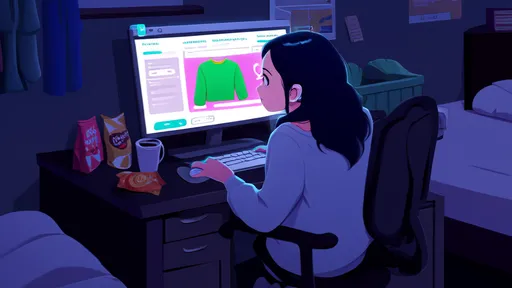
By /Jun 7, 2025
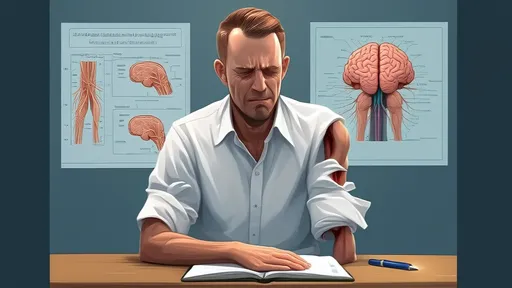
By /Jun 7, 2025

By /Jun 7, 2025

By /Jun 7, 2025

By /Jun 7, 2025

By /Jun 7, 2025
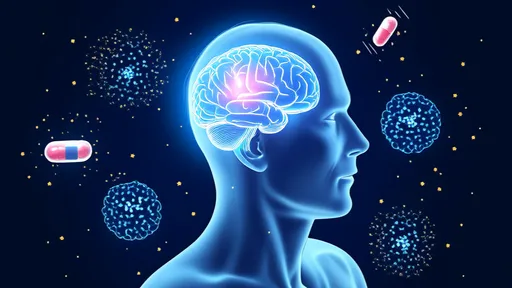
By /Jun 7, 2025
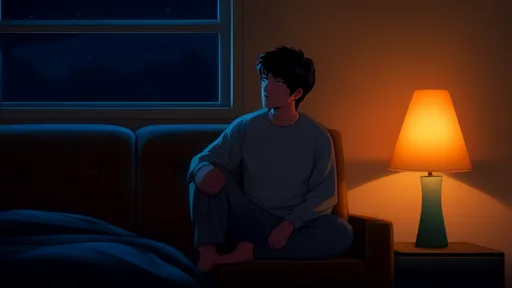
By /Jun 7, 2025

By /Jun 7, 2025

By /Jun 7, 2025

By /Jun 7, 2025
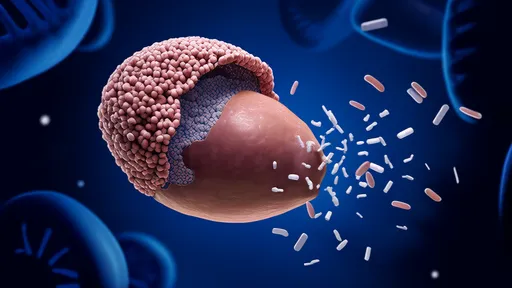
By /Jun 7, 2025

By /Jun 7, 2025

By /Jun 7, 2025

By /Jun 7, 2025

By /Jun 7, 2025

By /Jun 7, 2025

By /Jun 7, 2025

By /Jun 7, 2025